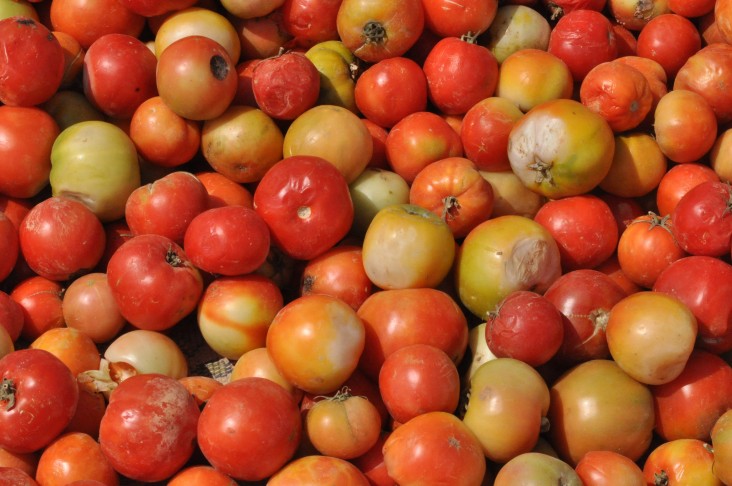Speeches Shim

September 2017—Sayid* has always been dependent on the food from his garden to feed his family in northeast Syria, including his diabetic mother. Each spring, locals across the countryside would plant vegetables in their gardens to ensure they had enough food to feed their families for the rest of the year.
Unfortunately, due to the civil war that began in 2011, the number of people relying on gardens for food has dropped by 70 percent. Loss of income and sharp price increases mean that many Syrians are unable to buy gardening tools, fertilizer and seeds. Consequently, many have had no choice but to borrow money for food or rely on humanitarian aid. The U.N. World Food Program reports that nationwide over 9 million people are in need of food assistance.
With support from USAID’s Office of Food for Peace, an NGO distributed vouchers worth between $50 and $100 to 750 Syrian families in May. The funds allow households to buy everything they need to bring their kitchen gardens back to life, enabling them to feed their families this season and beyond.
USAID targets some of the most vulnerable families in the region, including female-headed and elderly households and those with disabilities or chronic disease. The NGO also provided training on vital farming techniques, such as proper irrigation, to help farmers increase yields. The first crops were harvested in September, providing households with fresh tomatoes, squash, eggplant and other produce.
Sayid, 29, and the other beneficiaries predict even larger harvests in the coming years as they continue to implement the new farming techniques. Previously, Sayid used only half his garden, relying on other jobs to make ends meet. Because of the USAID support, he anticipates growing enough food to feed his entire family this year, with additional crops to sell. He even plans to store some of this harvest for the coming winter.
“My garden has given us hope. I can now provide for my family’s daily needs and save for the future,” says Sayid.
The extra food also increases Sayid’s safety, as he will no longer need to take the costly and potentially dangerous journey to the city to buy extra supplies for his family.
Since 2012, USAID has been the global leader in food assistance in the Syrian crisis, providing over $2.3 billion for food aid to vulnerable populations.
*Name changed to protect identity.
LINKS
Follow @USAIDMiddleEast, @USAIDFFP, on Facebook

Comment
Make a general inquiry or suggest an improvement.